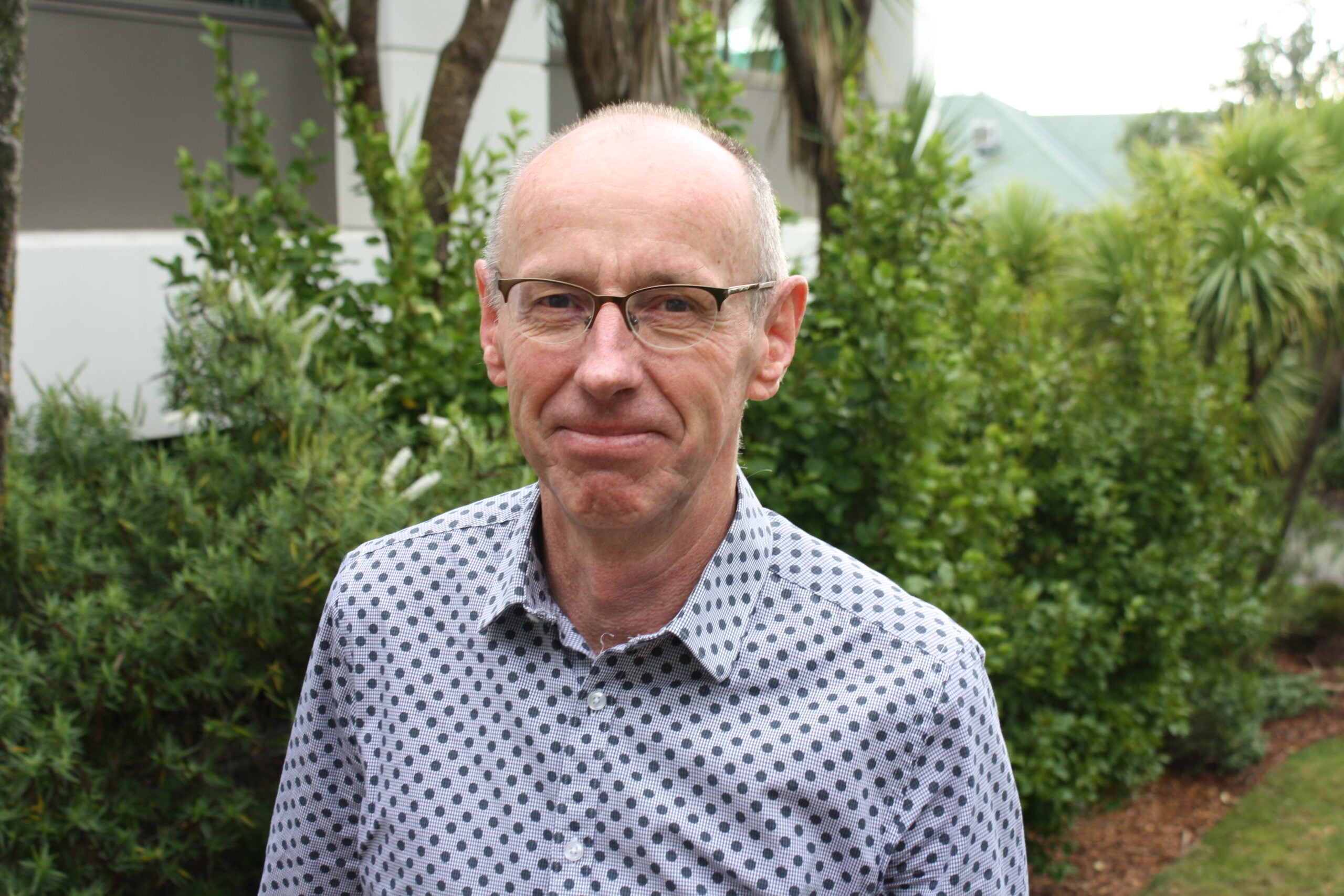The gains made from National Science Challenges may be lost, according to BioHeritage’s founding chair Dr James Buwalda. He expressed his concern in a recent interview with the Australia/New Zealand editor of Research Professional News (‘Gains made from National Science Challenges may be lost’ – Research Professional News), an international news, insight and intelligence publication on research policy, politics and funding.
Buwalda, who also served as chief executive of the former Ministry of Research, Science and Technology from 1996 to 2003, and the Department of Labour, no longer serves on BioHeritage’s board, but he is regarded as an authority on New Zealand’s science and research system.
He told Research Professional News that he “felt it was time to speak up” after seeing that the challenges ended without the funding being replaced, adding that there is widespread concern in the sector. New Zealand’s government has “conveniently forgotten” a large chunk of science funding, he said.
Although the 11 challenges were set up to be time-limited and were always due to expire this year, “most National Science Challenge funding was diverted from existing baseline science funding”, he said. The government has “yet to acknowledge the impact and outcomes resulting from the National Science Challenges. We can’t afford to lose the momentum.”
Buwalda said that the ending of the 11 NSCs “threatens the momentum of combined efforts to tackle the most pressing problems facing New Zealand”. The former BioHeritage chair was concerned about the likely impact on New Zealand science, including loss of expertise and “promising early career researchers being forced to move overseas or pursue other endeavours”.
“The National Science Challenges had a transformative impact on the way we do research, fostering collaboration across disciplines and institutions, as well as demonstrating a high level of community engagement. The inclusiveness of the challenges meant it involved knowledge holders, the implementers of innovation and our future leaders in science.”
Buwulda’s concerns were also published nationwide on the Stuff website, the country’s largest news website, and in its nine daily newspapers including The Post, The Press, and The Waikato Times. In an opinion piece (Science Challenge funding is over, but the need has been proven | The Post) run in mid-July, he said the ending of the NSCs left huge questions on how New Zealand supports innovation. “There is uncertainty, not just for the endeavours, advancements and teams involved in the 11 challenges over the last 10 years, but also for the future of how we fund and do science.”
“Unfortunately, MBIE dropped the ball on NSCs – however it is not too late to learn from a decade of purposeful, priority research. Gains from NSCs will only be sustained if science organisations choose to support new ways of working. Others, particularly outside government, need to signal that they value different ways of working and more direct involvement in planning and delivering science.”
In BioHeritage’s case, with $63.7m invested over 10 years, he says “After centuries of decline, developing practical pathways to reverse this in just 10 years was an ambitious objective. Ten years is ‘just getting started’.”
He reckons perhaps the most significant of BioHeritage’s many achievements was changing the way science is done, through forming and nurturing multi-disciplinary, cross-organisational teams. “This saw community groups and iwi involved in the design and delivery of research projects – the strengths of many people and organisations, leading to more accessible, valuable results. Its strategy was to change the competitive nature of science funding to a more collaborative model and foster broad connections across organisations, communities and stakeholders.”
Over the decade, BioHeritage grew and evolved, he said, with an extensive scoping process to identify the priority issues for biodiversity and biosecurity, gaining international acknowledgement, with UK researcher Professor Mark Reed noting it ‘shows the rest of the world how to fund genuinely co-productive, impactful research’.”
Buwalda said BioHeritage also designed a more flexible way of contracting science – no more crystal-ball gazing and mapping out milestones years into the future. BioHeritage also sought to walk the talk as a Treaty partner, co-designing research with Māori, adopting co-leadership, valuing mātauranga Māori knowledge, and empowering mana whenua engagement, he said.
“Whilst doing science differently, BioHeritage remained productive by traditional measures – to date publishing over 215 research papers (with more in the pipeline), plus numerous other outputs shared in an online data repository. Relationships, knowledge, and research capability developed in NSCs are in danger of being lost.”
“NSCs were largely funded by reallocating existing science budget rather than completely new funding, so the end of the challenges represents a significant cut in science funding.” The current science system is not conducive to different ways of working, he says. MBIE’s processes ignore lags between research and publication, and undervalue non-journal paper outputs.
“If a legacy of NSCs is to survive, traditional science organisations will need to support the new ways of working. While not impossible, it will take active leadership, to look beyond the signals and incentives associated with government funding. Science organisations will need to promote alternative measures of achievement, progress, and success. They will need to value sharing authority for planning and delivery of science with community groups, partnering with Māori and producing a wider range of outputs than just science publications. However, they are likely to do this only if incentivised to do so by their funders.”
MBIE is unlikely to change how it measures science performance any time soon, he says. Instead, change might come from private sector funders seeing the benefits of this new approach and building those expectations into contracts with science organisations. That in turn, will influence government funders to follow.
“Placing the future of science approaches developed successfully by NSCs in the hands of end-user partners doesn’t alleviate the uncertainty facing the science system. But it may be our best shot at protecting and building on the gains of the last 10 years.”
